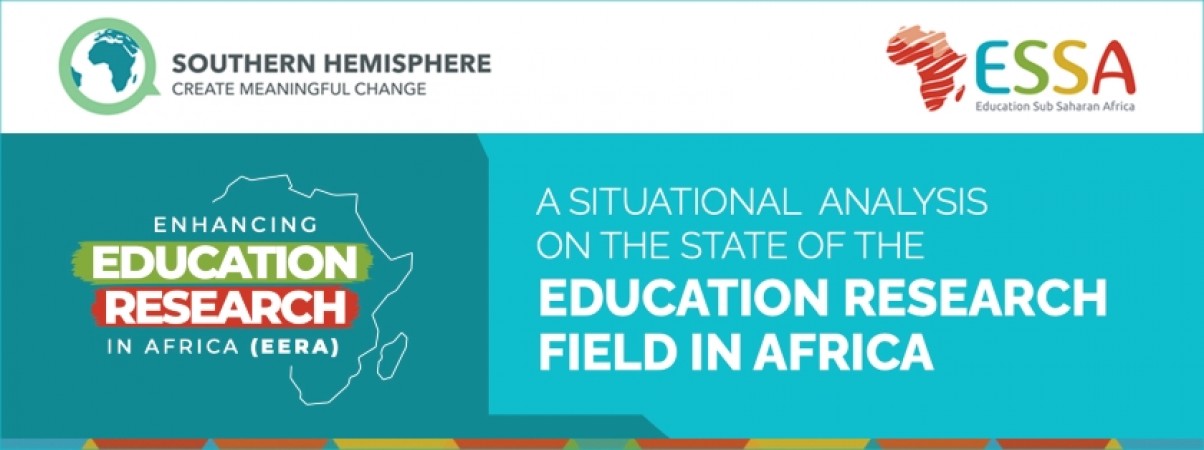
A recent situational analysis conducted by Education Sub-Saharan Africa (ESSA) and the Southern Hemisphere sheds light on the state of the education research field in Africa. Despite promising growth and dedication among local researchers, the report highlights significant challenges, primarily revolving around funding disparities.
The analysis reveals that up to 90% of African education research publications are self-funded, with international sources predominantly financing the remaining 10%. This heavy reliance on external funding poses obstacles to both the quality and quantity of research outputs, creating an immature research landscape across the continent. As a result, there is a growing disconnect between funding sources and research needs, limiting the relevance of research to local contexts and decision-making processes.
However, amidst these challenges, the report identifies encouraging trends. Local researchers demonstrate resilience, contributing to a rapid growth in research publications. Additionally, emerging partnerships between governments and researchers hold promise for developing a shared vision for education research priorities.
Nevertheless, significant disparities persist. The field is dominated by a few specific countries, namely South Africa, Nigeria, Kenya, and Ghana, while researchers report insufficient collaboration and the absence of a strong research culture. Women and early career researchers face notable barriers, with the ratio of male to female academic staff across sub-Saharan Africa standing at 3 to 1.
Infrastructure-wise, education research networks are emerging across all regions, with institutional repositories and dissemination platforms actively raising the profile of African research and researchers. However, growth is constrained by inadequate institutional support.
The study, which involved over 200 researchers and policymakers from East, West, Southern, and Central African countries, utilised Bridgespan's 'field-building framework' to assess five main characteristics of the education research field: knowledge base, resources (funding), field-level agenda, actors, and infrastructure.
Commenting on the findings, Dr Laté Lawson, Senior Research Manager at ESSA, emphasises the urgent need to address the funding disparity within African education research. He highlights that while there is commendable growth and dedication among researchers, heavy dependence on external sources undermines research autonomy and relevance to local contexts.
Dena Lomofsky of the Southern Hemisphere underscores the necessity of a comprehensive strategy to enhance African education research, emphasising the importance of actionable support for African researchers and the prioritisation of financial resources by funders and decision-makers.
The report recommends collaborative efforts among funders, decision-makers, and researchers to support cohesive research agendas aligned with national priorities and promote gender equity. It advocates for better coordination among researchers, capacity-building programs, and collective efforts to influence decision-makers to allocate more local budgetary resources to education research. By addressing these challenges, African education research can realise its full potential in driving meaningful change and development across the continent.
Article by RB Reporter
Photo/Google

Comment